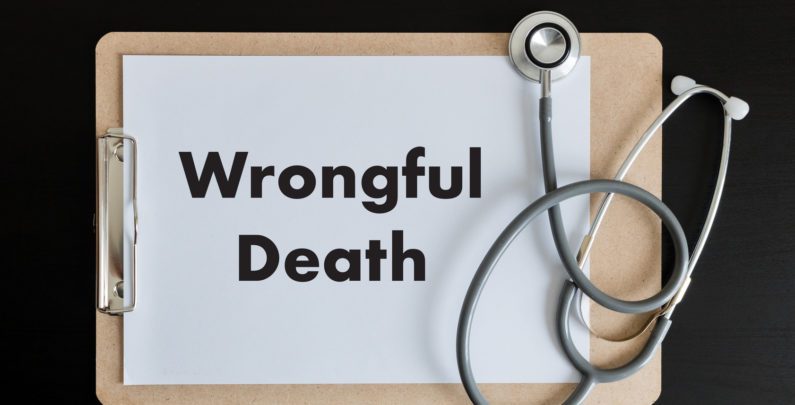Recent News
Understanding the Wrongful Death Act in Illinois
A recent lawsuit brought to light some of the particulars of Illinois’ wrongful death statute. The family of a young boy sued the Bridgeview Park District after their son drowned in a Bridgeview pool. He was part of a summer camp excursion that was run by the Justice Park District. By the time the boy had been pulled from the pool, he was unresponsive and later died. His death was ruled an accident; the official cause was drowning.
The parents launched wrongful death lawsuits against both park districts for the boy’s death. A jury awarded them $21.5M in damages. The boy, who did not know how to swim, was found at the bottom of the deep end where the water was 10 ft. deep.
Understanding Illinois’ Wrongful Death Act
Illinois’ wrongful death statute designates who may file an action against a negligent party, how long they have to file the action, and the structure of the lawsuit. The rules are slightly different in each state in the U.S. In some states, only a representative of the deceased party’s estate may file a wrongful death action. In other states, estates can recover certain damages while family members can recover other damages.
Unlike other states, Illinois only allows family members to file a wrongful death lawsuit within one year of their loved one’s death. In Illinois, a wrongful death action is pursued by a representative of the victim’s estate. Other family members may be named in the lawsuit. Usually, this is a spouse, next of kin, or anyone who was financially dependant on the deceased.
While the victim’s estate can recover damages related to their medical expenses and burial costs, family members can collect unique damages based on their relationship to the deceased. Spouses, for instance, can collect damages for loss of love, companionship, and consortium. Children can collect damages for loss of moral guidance and support. Both can collect damages for lost income and financial support.
The Anatomy of a Successful Wrongful Death Lawsuit
In a wrongful death lawsuit, a plaintiff needs to show that another party’s negligence resulted in the death of a loved one. In the above-mentioned case, the court decided that those entrusted with the care of the boy failed to adequately ensure his safety, and their negligence resulted in his death. Had they rendered an acceptable level of supervision, the young man could still be alive.
While the criteria for proving a wrongful death case will differ depending on the type of lawsuit (premises liability, product liability, etc.) negligence rests at the heart of the issue.
Talk to an Illinois Wrongful Death Attorney
The attorneys at Brassfield & Krueger, Ltd. will fight tenaciously to help your family seek justice for the loss of your loved one. While money can never replace the loss you feel, the accountability brought by a lawsuit could ensure that those who are responsible take better care in the future. For more assistance, please call our office or contact us online to set up a free consultation.
Related News
Can I File an Injury Claim for Accidental Vision Loss or Blindness?
Losing your vision due to an injury is one of the most devastating challenges anyone can endure. It can profoundly…Read More
Workplace injuries are unfortunately common, but accidents on construction sites often stand in a category of their own. With over…Read More
What Costs Are Associated with Burn Injuries?
Burn injuries are among the most painful and life-altering experiences anyone can endure. At first glance, burns may not seem…Read More
Schedule A Free No Obligation Consultation
For your convenience, we have offices in Rockford and Streator.



